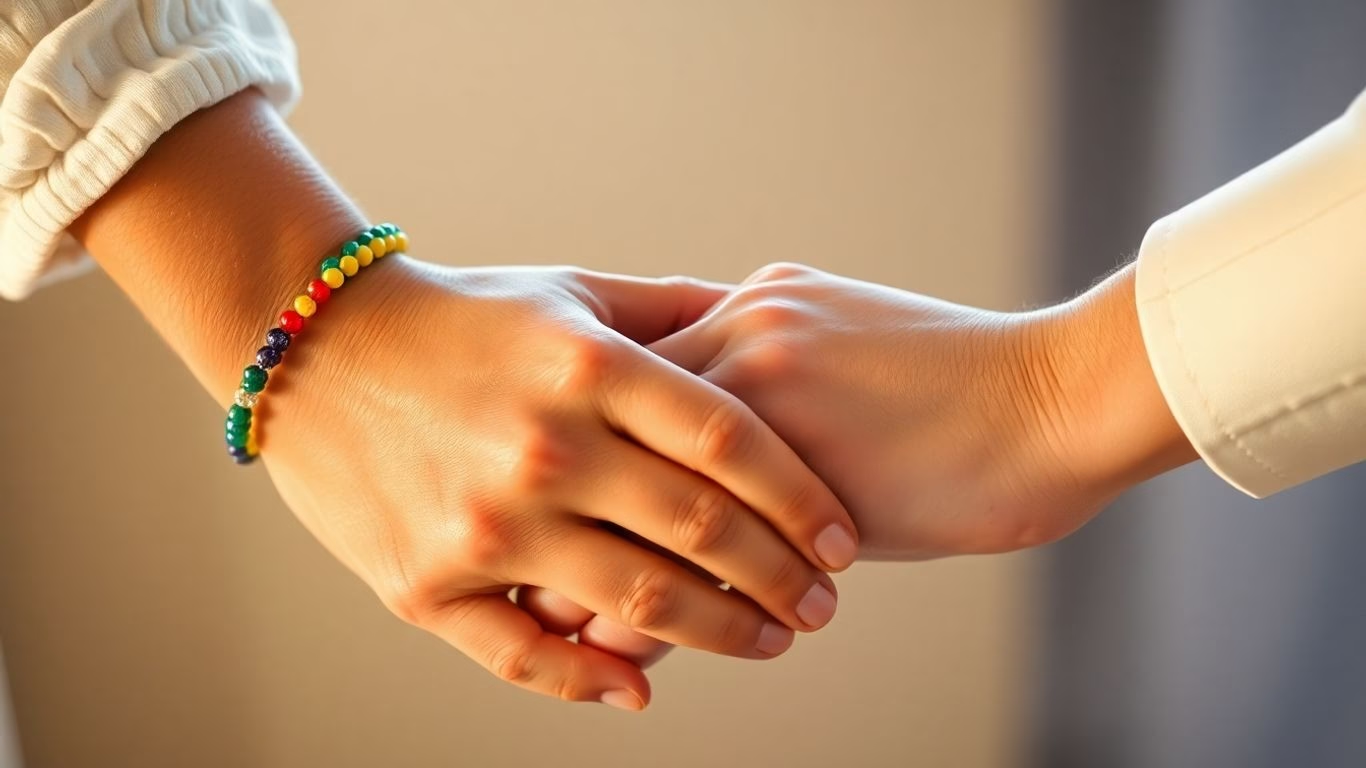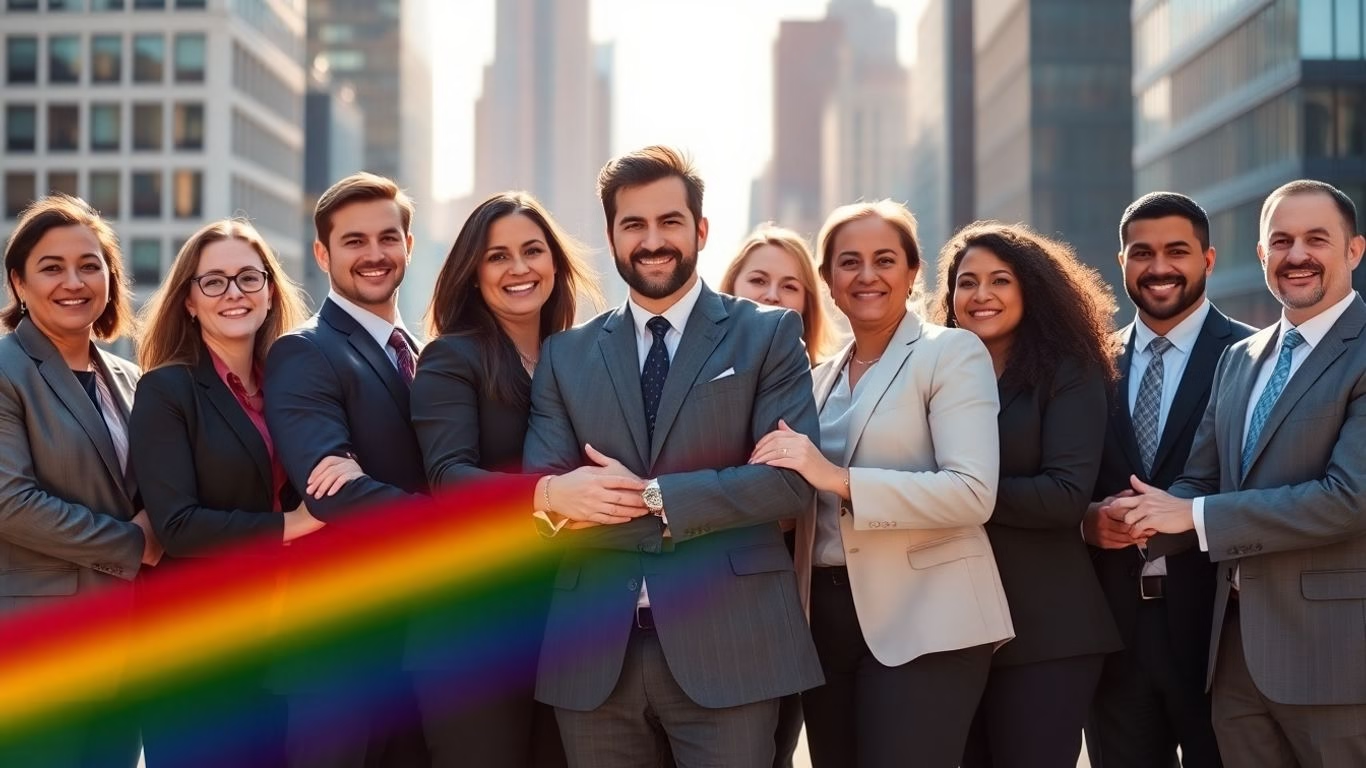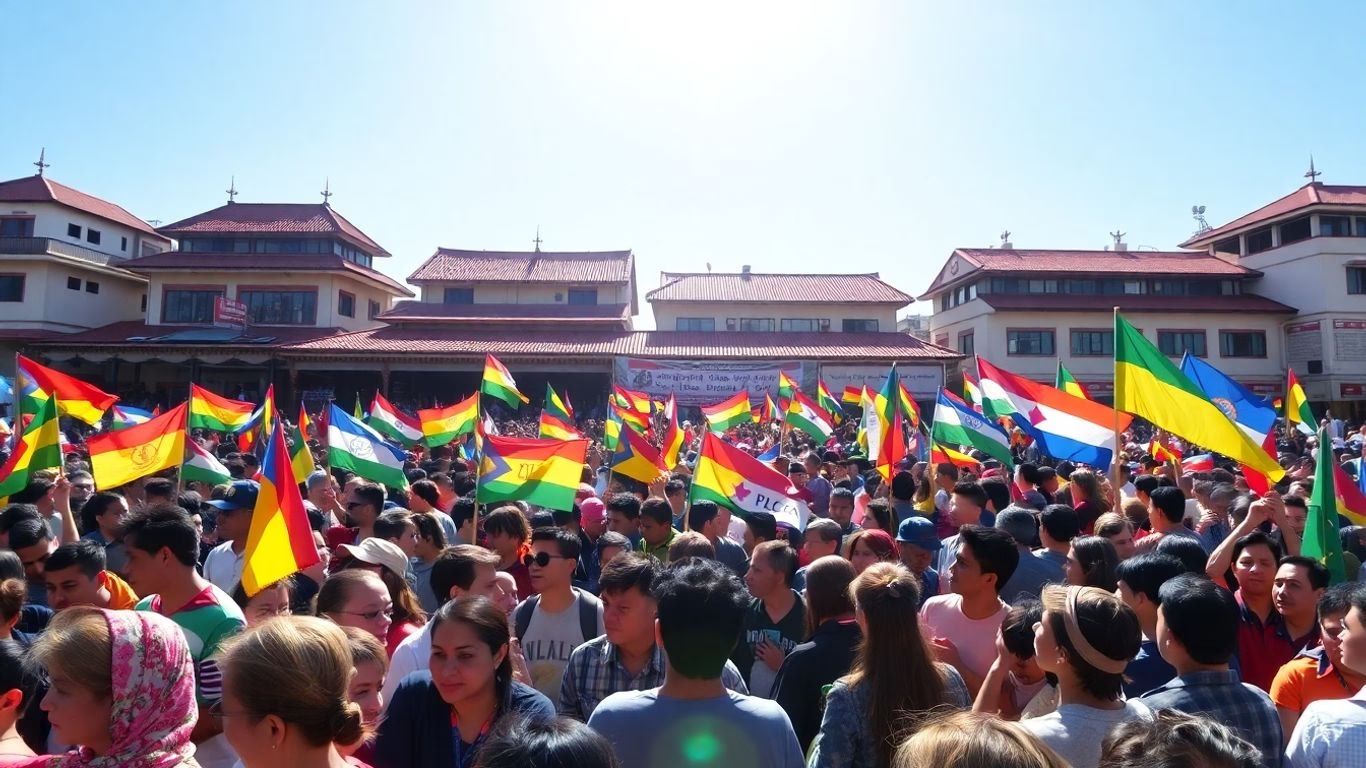LGBTQ+ Lives on the Line
In dozens of countries, being LGBTQ+ is criminalized—sometimes punishable by death. This isn’t distant or abstract; it is daily reality. At SanctuaryNow.gay, we believe geography must never decide who gets to live safely.
On this page
- Why This Is an Emergency
- Country-by-Country Reality
- Layers of Persecution Beyond the Law
- How SanctuaryNow.gay Responds (10 Causes)
- How You Can Help
Why This Is an Emergency
In many regions—especially parts of the Middle East, North and East Africa, and South Asia—laws derived from Sharia frameworks or colonial-era penal codes criminalize same-sex intimacy and gender diversity. Punishments range from imprisonment and flogging to, in some jurisdictions, the death penalty. But statutes are only the surface; social stigma, family violence, and state surveillance create a multi-layered crisis that forces LGBTQ+ people into secrecy, perilous migration, or harmful marriages.
Country-by-Country Reality
Notes below summarize widely reported legal frameworks and risks for LGBTQ+ people. Implementation varies across regions and over time; conditions can change quickly.
Iran
- Legal status: Same-sex intimacy (especially between men) can be punished by death under sections of the Islamic Penal Code; women face lashes and imprisonment, with repeat offenses risking harsher penalties.
- Patterns of harm: Reported use of online entrapment; pressure on trans people to pursue medicalization within state frameworks; harassment and arbitrary detention by authorities.
- Urgency signal: Documented executions for consensual same-sex conduct in past decades and persistent climate of fear drive urgent protection needs.
Saudi Arabia
- Legal status: Same-sex relations criminalized; penalties can include flogging, lengthy imprisonment, and in certain cases capital punishment.
- Patterns of harm: Reports of online sting operations; censorship and moral policing; risks for gender-nonconforming people including forced detentions.
- Urgency signal: Severe criminal penalties and opaque legal proceedings increase vulnerability and limit recourse.
Pakistan
- Legal status: Section 377 (colonial-era) criminalizes “carnal intercourse against the order of nature,” with imprisonment; social and police harassment remains a risk.
- Patterns of harm: Blackmail, outing, and mob violence; frequent targeting of trans women and gender-nonconforming people.
- Urgency signal: Legal precarity plus vigilante violence create compounded threats, especially outside major cities.
Nigeria (Northern States under Sharia)
- Legal status: Federal law (Same-Sex Marriage Prohibition Act) imposes up to 14 years’ imprisonment for same-sex relationships; several northern states operating Sharia penal codes provide for death or flogging.
- Patterns of harm: Mass arrests, public humiliation, and mob attacks; social media amplification of vigilantism.
- Urgency signal: Dual systems (federal + Sharia) and strong social hostility sharply elevate risk in the north; insecurity persists nationwide.
Sudan
- Legal status: Reforms in 2020 reportedly removed the formal death penalty for same-sex acts; however, criminal penalties and social persecution remain, including imprisonment.
- Patterns of harm: Arbitrary detention, police abuse, and sexual violence have been reported; conflict-driven instability worsens risks for LGBTQ+ people.
- Urgency signal: Legal ambiguity amid broader insecurity leaves LGBTQ+ people exposed with limited protections.
Somalia
- Legal status: Penal code provisions criminalize same-sex relations (imprisonment). In areas under strict Sharia enforcement or under al‑Shabaab control, punishments can escalate, including reports of executions.
- Patterns of harm: Threats from family, community, and armed groups; forced displacement within and across borders.
- Urgency signal: Overlapping authorities and conflict dynamics heighten unpredictability and danger.
Afghanistan
- Legal status: Under Taliban rule, same-sex relations are severely punished; reports indicate threats of execution and torture with no judicial safeguards.
- Patterns of harm: Raids, disappearances, and coercion; digital surveillance and confiscation of phones pose daily risks.
- Urgency signal: Collapse of legal protections and pervasive fear make immediate protection and evacuation critical in some cases.
Qatar
- Legal status: Same-sex acts criminalized with imprisonment (reported maximum up to seven years). Under Sharia, more severe penalties are theoretically possible.
- Patterns of harm: Arrests linked to dating‑app entrapment; restrictions on expression; reports of coerced “conversion” practices.
- Urgency signal: Criminalization plus surveillance chills access to healthcare and community support.
Yemen
- Legal status: Same-sex relations criminalized with harsh penalties; under some interpretations of Sharia, capital punishment may be applied.
- Patterns of harm: Severe family and community violence; conflict conditions increase impunity for abuses.
- Urgency signal: War‑time fragmentation and humanitarian crisis compound risks for LGBTQ+ people seeking protection.
Brunei
- Legal status: 2019 Sharia Penal Code introduced death by stoning for same‑sex acts; a public moratorium on executions was announced, but provisions remain on the books alongside other severe punishments (e.g., whipping, imprisonment).
- Patterns of harm: Chilling effect on expression and association; pervasive self‑censorship and fear.
- Urgency signal: Retention of extreme penalties sustains high risk despite the stated moratorium.
Layers of Persecution Beyond the Law
State surveillance & entrapment
Authorities have used fake social profiles and device searches to entrap LGBTQ+ people. Messaging apps, photos, and contact lists can become evidence.
Honor-based violence & family coercion
Queer people face threats, forced marriages, and in extreme cases, honor killings—often leaving no safe space at home.
Blackmail, extortion, and mob attacks
Because reporting abuse can mean outing oneself, perpetrators exploit impunity, while mobs use social media to shame and attack.
Healthcare and mental health barriers
Criminalization drives people away from clinics, HIV services, and counseling—worsening health outcomes and trauma.
How SanctuaryNow.gay Responds
We connect urgent need to rapid, practical protection. Each cause below links to a focused program and direct impact.
1) Global LGBTQ+ Emergency Fund
A flexible lifeline that routes funds to the most urgent crises affecting queer lives worldwide.
2) Safe Shelters in Hostile Countries
Emergency housing and protection for individuals in immediate danger.
3) Relocation to Safer Regions
Covering urgent travel, visas, and temporary shelter for those fleeing persecution.
4) Mental Health Support
Confidential counseling, therapy sessions, and trauma support for people under duress.
5) Education Access for Displaced & Queer Youth
School fees, supplies, and digital tools for vulnerable LGBTQ+ students.
6) Secure Tech & Protection for Activists
Phones, VPNs, and safety resources to resist surveillance and organize safely.
7) Microgrants for Grassroots Projects
Funding for safe spaces, community events, and local empowerment led by queer changemakers.
8) HIV/AIDS Awareness & Health Access
Testing, medication, and health education for marginalized communities.
9) Global Legal Aid
Legal defense, asylum filings, and advocacy for people facing persecution.
10) Queer Media & Storytelling
Documentaries, digital campaigns, and platforms that amplify silenced voices.
Donate to the Emergency Fund Explore All Causes
Stand With Us
Every share, donation, and conversation can reach someone hiding in fear. Geographic urgency is not a slogan—it is a matter of life and death for millions.
This article synthesizes widely reported legal frameworks and risks from reputable human rights reporting and legal overviews. Always verify locally before taking risk-bearing actions.




Leave a Reply